Reflections on Nominalism and on Kripke
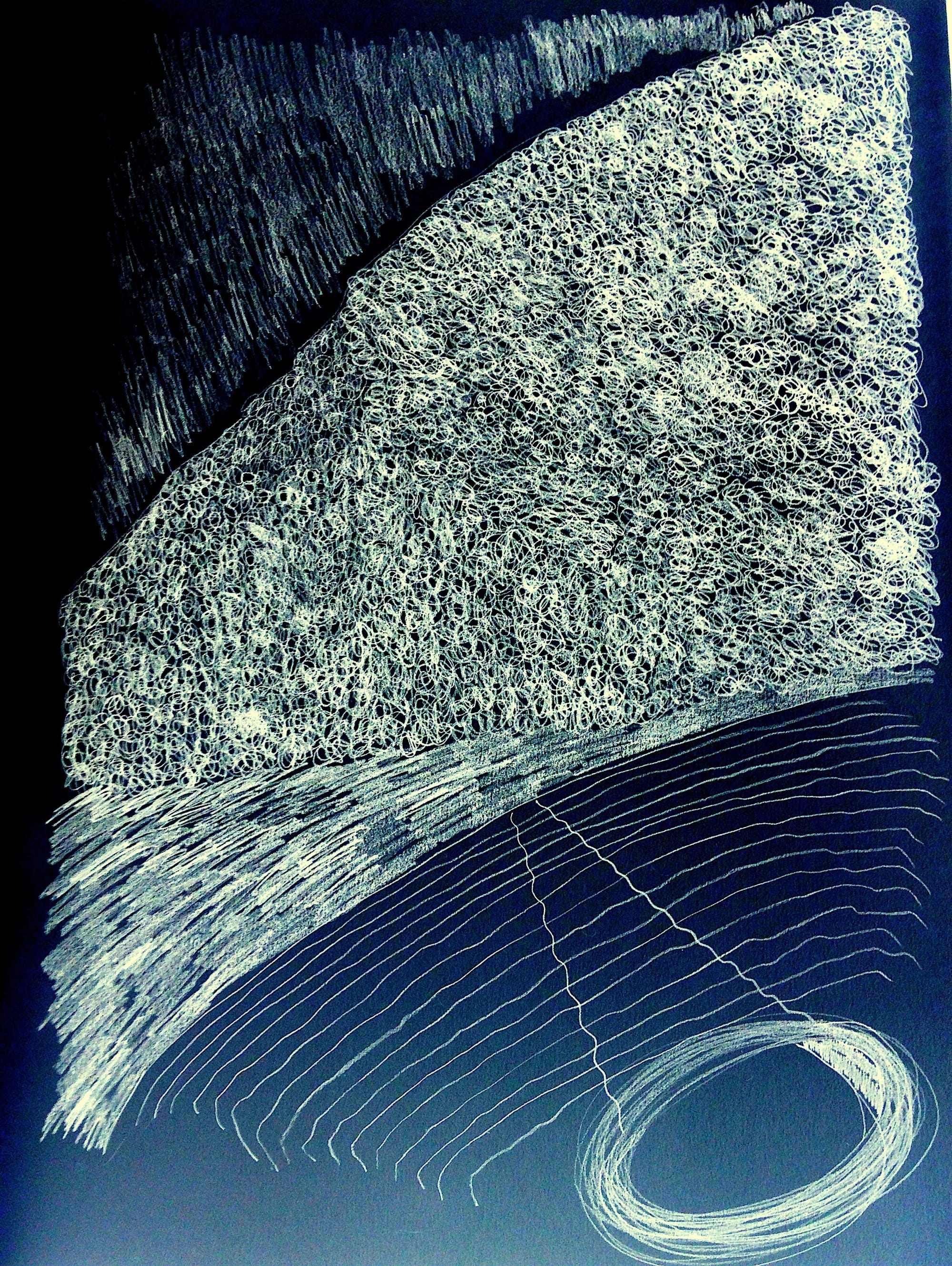
Interview by Richard Marshall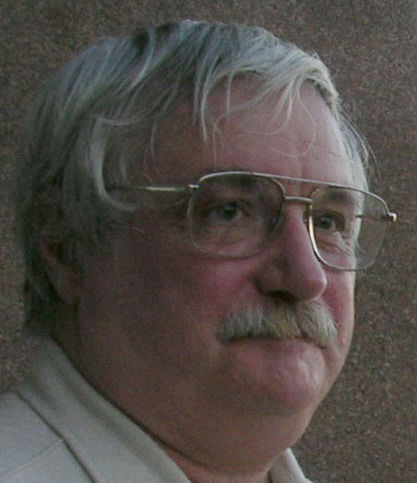
'Nominalism in modern philosophy of mathematics is the view that denies, for philosophical reasons, the truth of the standard existence theorems in the subject, beginning with Euclid's on the existence of infinitely many primes. According to this view, Wiles's proof (of Fermat's conjecture) that for n > 2 that there are no two numbers that are nth powers and whose sum is also an nth power is in one sense superfluous, since philosophy has already established that there are no numbers at all.'
'I believe that talking of objects with properties is something we do mainly because we speak a language with a subject-predicate or noun-verb structure. This is all right, but not uniquely right, and aliens who had a language of a different structure ... would not be doing anything wrong that we are doing right.'
'I would say mathematicians went in for rigorization at just about the time it was coming to be needed for imminent future scientific applications'
'If one says the other necessities at least follow from conventions, one has to ask what kind of a fact is it that they thus follow, and the answer seems to be a necessary fact that has not been traced to conventions. This is the problem addressed in Kripke's Wittgenstein book, whose connection with Naming and Necessity is closer than is often recognized.'
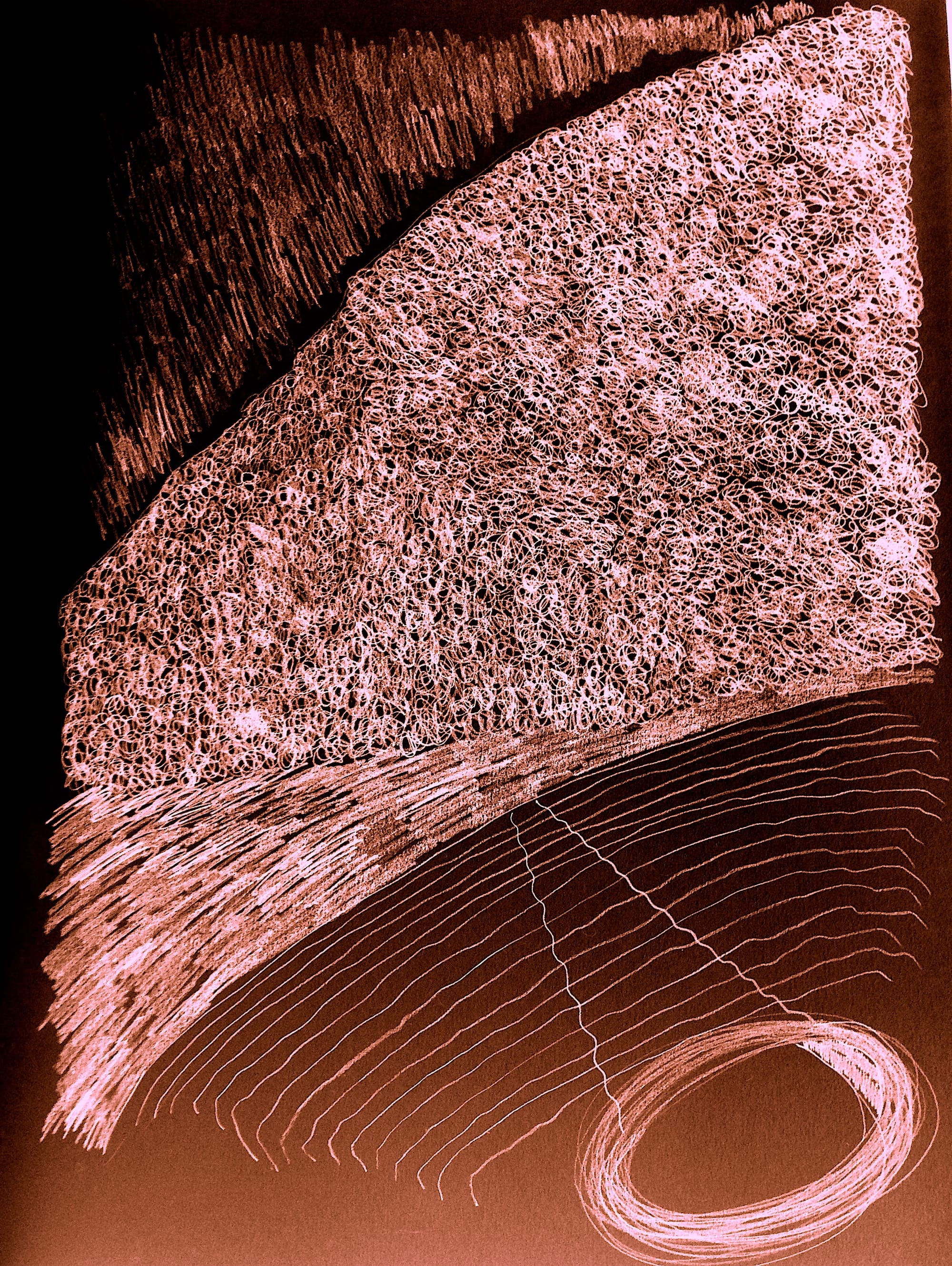
John P Burgess specializes in logic and philosophy of mathematics. Here he discusses nominalism, whether mathematicians find this philosophical issue useful or even interesting, abstract objects, reconstructive projects, why he isn't a nominalist, Frege, whether arguments against nominalism carry over into other debates where abstracts are discussed, the importance of rigor in maths, set theory vs category theory, and Kripke.
3:16: What made you become a philosopher?
John P Burgess: On one level, I was born a philosopher. When my age was in the single-digits, a decade or so before I was aware of the existence of a discipline called "philosophy" I wondered / worried about questions I thought so crazy that I'd better not speak of them to anyone, but that I retrospectively recognize as somewhat idiosyncratic versions of aspects of the mind-body problem: solipsism, free will and responsibility, inverted spectra. On another level, my getting into the discipline from an initial commitment to mathematics was a very slow process that began when my parents gave me for my 12thbirthday Newman's World of Mathematics, where I was especially attracted by the more foundational articles. At Arnold Ross's celebrated math camp in high school I was drawn to the logic lectures of Ivo Thomas, and when I went to Princeton I immediately took up mathematical logic (roughly the material covered in Computability and Logic), as well as following Peter Hempel's introductory problems of philosophy course, where I mostly accepted his positivist line except for the lecture on the mind-body problem, where he expounded Ryle's logical behaviorism, which I thought (and still think) to be a bad joke.
The next semester I discovered Quine, moving through his works from logic to philosophy, quickly abandoning positivism; I remained a mathematics major, however, studying algebra and analysis and topology, while taking a lot of philosophy courses on the side and doing my independent work in logic under Simon Kochen. After doing a mathematics MS at Ohio State, I entered Tarski's interdisciplinary Group in Logic at Berkeley, though I worked mainly on the math side apart from following philosophy seminars of Charles Chihara and Dagfinn Føllesdal. Halfway through a post-doc in the mathematics department at Wisconsin, a major center for logic, I left to join the Princeton philosophy department, though even there as an assistant professor I kept one foot in each camp in case I didn't make tenure. When I did, I was ready to let myself go, and slowly moved away from the work in set theory, model theory, and tense logic that had occupied me up to that time and into straight philosophy, though at first only philosophy of mathematics. It is only this past couple of years that I have moved towards philosophy of mind, and about a month ago that I finished the second draft of book on the mind-body problem, Mentality and Modality.
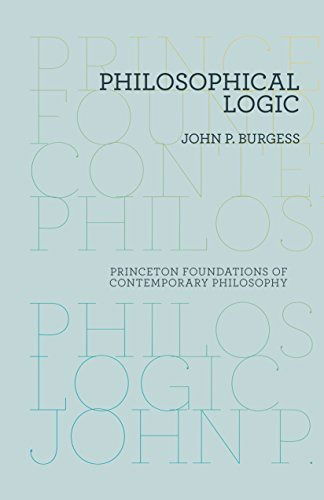
3:16: Let's start with the maths and logic. You’re an expert in the philosophy of mathematics and logic. Although rather intimidating some of the philosophical issues for philosophy of maths flush out things that are interesting beyond just consideration of maths. One of these is nominalism, which you’ve written a great deal about. To begin then, can you sketch for us what nominalism is and why it appeals to philosophers. It speaks to those who want to purge abstract objects from our ontology doesn’t it – and I think you agree that the philosophers dislike of abstracts is rooted in superstition. So why are so many contemporary philosophers nominalists – and when did nominalism become the default position (if it has!)?
JB: Yes, I have written much — much too much — about nominalism. I keep trying to get away from it, but I keep being drawn back by invitations to contribute to volumes on this or that. Nominalism in modern philosophy of mathematics is the view that denies, for philosophical reasons, the truth of the standard existence theorems in the subject, beginning with Euclid's on the existence of infinitely many primes. According to this view, Wiles's proof (of Fermat's conjecture) that for n > 2 that there are no two numbers that are nth powers and whose sum is also an nth power is in one sense superfluous, since philosophy has already established that there are no numbers at all. What Wiles has done is simply to spin out further in an ingenious way a well-known fairy tale. Like my late colleague David Lewis, I have always thought this view comically immodest, given the comparative cognitive success of philosophy and of mathematics. As for the source of it, I would cite Lichtenberg's dictum that skepticism about one thing is usually the result of blind faith in something else, specifically in this case a too naive view of the nature of our relationship to concrete objects of knowledge, and a too credulous acceptance of what Russell once called the stone-age metaphysical notion of cause.
3:16: Do mathematicians find this philosophical issue useful or even interesting? Should they be more philosophical? Would maths gain if they were?
JB: Since I am stating my opinions in more dogmatic form than I would in work for print publication, let me just say: No, no, and no.
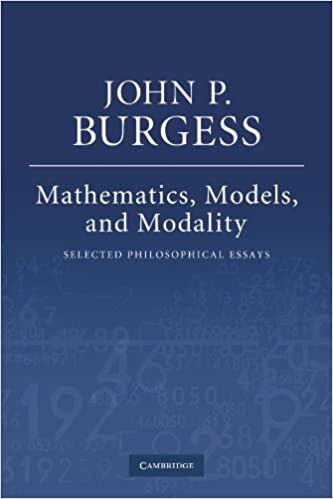
3:16: The negative side of nominalism is the denial of abstract objects – but there’s a positive side to its programme isn’t there? Can you say something about how contemporary philosophy of maths nominalists attempt to preserve the subject whilst banishing its objects? What motivates these reconstructive projects?
JB: Well, actually, most professed nominalists seem to have given up on the positive, reconstructive projects, for which my book with Rosen (A Subject with No Object) seems mainly to have provided decent burial, and now prefer cheaper and easier routes, talking out of both sides of their mouths, so they can say one thing outside the philosophy seminar room and another thing inside, e.g. "there are numbers, but they don't exist" or "it is literally true that numbers exist, but I have no 'ontological commitment' to them" or the like. I am much less interested in this sort of thing than in the old reconstructive strategies.
My view, developed under the influence of Quine, but ignoring his lingering nominalist sympathies, is that our theories of the world are the result of an interaction between the world and ourselves, shaped in part by the way the world is and in part by the way we are, but in such a way that there is no hope of getting at the contribution purely from the world of the contribution purely from us, though it is possible to speculate about what the theories of creatures like us in a world unlike ours would have been like, and about what the theories of creatures unlike us in a world like ours would have been like. I view the reconstructive nominalist projects not as revealing the true meaning of our theories, nor as providing theories that are better by scientific standards, but as showing what the theories of extraterrestrials whose minds worked differently from ours might have been like: They are contributions to "theoretical exobiology" as I like to say.
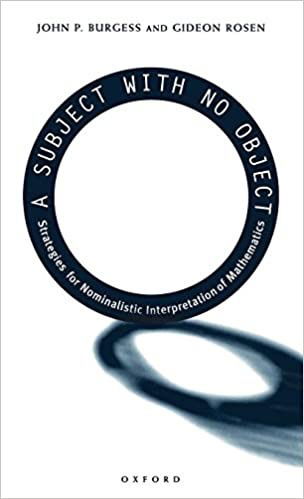
3:16: Looking at the very many different reconstructive strategies around at the moment – Hartry Field, Charles Chihara and Geffrey Hellman are three you pick out and devote a deal of time thinking on alongside many more - which contemporary project do you find most interesting?
JB: Field's project, which begins simply by going back to Newton's way of presenting physics on the model of Euclidian synthetic geometry rather than Cartesian analytic geometry, but then goes on to try to incorporate increasingly mathematically sophisticated eighteenth- and nineteenth- and even getting on towards twentieth-century developments, is the one among these projects that seems to me of most scientific interest, whatever one thinks of the philosophy (and, of course, I am on record as a logician saying I don't think much of Field's slogans about "conservativeness"). Currently work is being done on Field's program by Lorenzo Cocco and Joshua Babic that seems to me make important contributions of a kind we have not seen for any reconstructive program for a quite some time.
3:16: Why aren’t you a nominalist? Do you think numbers exist? Do you think abstract objects generally exist?
JB: Well, given my overall view as described above, I believe that talking of objects with properties is something we do mainly because we speak a language with a subject-predicate or noun-verb structure. This is all right, but not uniquely right, and aliens who had a language of a different structure — in my paper "Being Explained Away" I cite predicate-functor logic as in Quine's "Variables Explained Away"— would not be doing anything wrong that we are doing right. The "abstractness" of some of the objects of which we speak is a matter of our having no use for sentences in which mathematical subject phrases are combined with predicates of spatiotemporal location. I don't propose that we should speak any other way, and am perfectly prepared to repeat inside the philosophy seminar room the mathematical existence theorems I would enunciate in teaching mathematics or logic outside it, e.g. the Chinese remainder theorem. But in so doing I'm not claiming to have got behind all merely human representations to some sort of noumenal ultimate metaphysical reality. I don't believe that is a feasible or even and intelligible project. So my anti-nominalism is fundamentally anti-ontological and anti-metaphysical, like Carnap's.
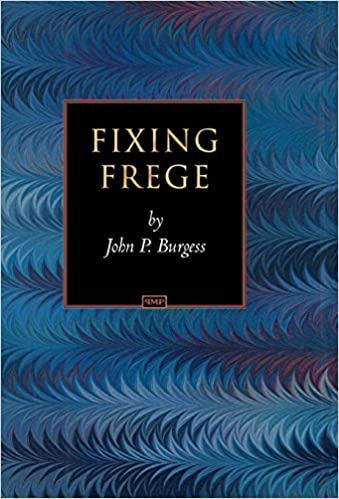
3:16: Given your position, how do you assess the ultimate importance of Frege’s approach to reconstructing maths?
JB: Frege's work on philosophy of mathematics produced both modern logic — and so through a genealogy of Russell and Hilbert and Gödel and Turing and von Neumann our modern digital world — and the beginnings of modern philosophy of language. Those by-products are in my opinion much more important than what for him was the main foundational project, which despite the work that has been done on fixing up the flaws, to which I have contributed a book-length study myself, seems to me in the end a clever idea that didn't pan out.
3:16: Do your arguments against nominalism carry over into other debates where abstracts are discussed – morals for instance, or Gods?
JB: It is on account of its connections with and contributions to empirical science that mathematics has earned membership, variously institutionally acknowledged in organization of universities and academies and so forth, in the circle of sciences, in a way in which theology and moral philosophy have not. And to me it is the actual role of mathematics here that matters, not whether it is indispensably necessary. (I have always thought "indispensability arguments" to involve a wholly unwarranted concession by the ex-nominalist and reluctant anti-nominalist Quine to his nominalist former comrades-in-arms, namely that concession that if it were just barely feasible, however inconvenient, to do without mathematics, that one ought to do so.) So I reject any suggestion that my anti-nominalist principles would equally apply to astrology or theology or whatever. Anyhow, Gods are not abstract; or at least, the one I have read the most about definitely is supposed to have causal effects on the physical universe, for instance, sending fire from heaven to consume an offering to disprove the claims of a rival god. Morality is a more complicated case and one I would not care to try to treat briefly. (In my brash youth I produced a paper "Against Ethics" that turned out to duplicate, apart from matters of style, something very like the line of J. L. Mackie, in his at the time just-published or just-about-to-be-published book, but also in an article published in the year of my birth; and though I don't subscribe any more to everything I said there, I have never been what would be called a "moral realist" despite what some would call my "mathematical realism".)
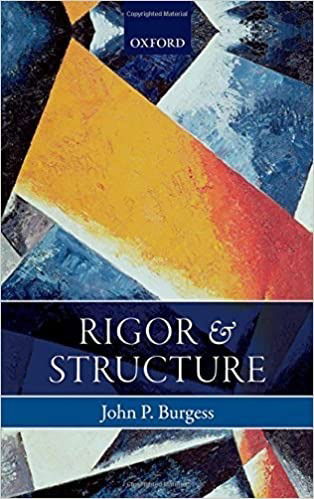
3:16: What’s the importance of rigor in maths, in particular what are the principles governing it?
JB: As a member in good standing of the circle of sciences, mathematics has the right to conduct its own internal affairs as seems to mathematicians — historically in some cases only after long-continued and quite sharp disagreement — appropriate. It has seemed to mathematicians appropriate to uphold standards of rigor, which does not mean ignoring discoveries that have not been rigorously established, but rather sharply distinguishing them, as conjectures, from results that rank as theorems.
As I have said elsewhere, on the one hand, rapidly developing seventeenth and eighteenth century physical science could not afford to wait for calculus and the like to be established even with Euclid's kind of rigor, let alone Frege's; on the other hand, the mathematics used in twentieth-century physics (Riemannian geometries, Hilbert space) could scarcely have been arrived at if mathematicians had remained satisfied with the relaxed standards prevailing circa 1800. I would say mathematicians went in for rigorization at just about the time it was coming to be needed for imminent future scientific applications. As for the principles governing it, in one sense they are taught in logic courses; in another sense the question is just how close an approximation does one require in mathematical practice to the ideal of rigor expounded in such courses. What mathematicians call a "proof" is supposed to provide a reasonable guarantee that there exists something that logicians would call a "proof", but it is certainly not expected to be such a proof. What is meant by "guarantee" here is a difficult question, one I struggled with through the first half of my book Rigor and Structure, without reaching any solution in which I was fully confident. There is a large issue about the role of diagrams in proofs, for instance, about which my colleague Silvia De Toffoli among others has written extensively, and I have not.
3:16: The battle lines are between set theory and category theory aren’t they. Can you sketch what the two positions are saying and why the category theorists are challenging the set theory people?
JB: Talk of "battle lines" seems to me a bit overblown, though there are category fanatics given to that sort of rhetoric (the category theorist with whom I have the most intellectual contact, Hans Halvorson, is very much not of this kind, though I have known category theorists who are).
If you look at how category theory is introduced in the various books of Mac Lane, the founder of the subject, you will see that they come in as a particular kind of set-theory structure, just like groups or rings or fields, or topological spaces or manifolds. In certain branches of mathematics, though by no means all, the category-theoretic apparatus has proved very useful, and once one has set it up there is seldom reason to want to go back to the set-theoretic beginnings (just as, to use a simile often mentioned, there is seldom reason for programmers to want to go back to machine language, though its fundamental role is not to be denied). Penelope Maddy, for one, has written very perceptively about what is meant by and wanted from a "foundation" for mathematics and discussed set-theory "versus" category theory in this context, and I would refer you to her work, and Adrian Mathias's exchanges with Mac Lane. I don't know of anything as philosophically careful coming from category theorists — well Colin McLarty is the one I would mention if I had to mention one. Actually, a lot of the oomph has gone out of the "category theory as foundations" business, syphoned off by so-called univalent foundations, but let me not get into that.
3:16: Are there general philosophical issues that come out of this battle that can be applied to other philosophical issues regarding foundations or is this a strictly philosophy of maths dispute?
JB: I would say the latter.
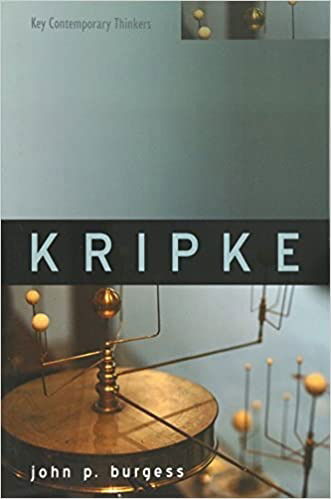
3:16: You’ve engaged deeply with the work of Saul Kripke. He has made a huge impact on thinking about possibility and necessity – modal thinking – hasn’t he – and so I guess he is entwined with the arguments between Quine and Carnap regarding these matters along with others further back – Kant and Frege. How do you understand his approach to these matters – are we dealing with semantics, epistemology or metaphysics when we’re reading Kripke? And do you think the Kripke approach is the best way to think about these matters?
JB: Kripke begins by noting that prior to 1970 philosophers had tended to take the analytic, the apriori, and the necessary to be coextensive, but even then there was at least a conceptual distinction: analyticity is a semantic notion, pertaining to meaning; aprioriness is an epistemological notion, pertaining to knowledge; the necessary in the sense in which Kripke is interested in it, "what couldn't have been otherwise", is a "metaphysical" notion, pertaining to being. (Kripke puts the word "metaphysical" in scare-quotes and expresses a hope that it won't be taken to be pejorative.) Now the conflation of the necessary, or at least, of the knowable necessary, with the apriori goes back to Kant, and the identification of the apriori with the analytic was the result of a long campaign in philosophy of mathematics opposing Kant's view that geometry and arithmetic were synthetic apriori (claiming geometry to be aposteriori and arithmetic analytic), and the explanation of analyticity in terms of semantic rules or linguistic conventions then seemed to reduce necessity to our rules and conventions, a conclusion that if accepted would remove all mystery from the epistemology of modality, and also locate the basis of modality somehow in ourselves as the makers of rules and conventions. Both Ayer and Strawson père write this way.
Kripke challenges this, but makes very few substantive comments about the consequences for modal epistemology in the body of Naming and Necessity, though in the addenda there is an extremely guarded suggestion that in all his examples of the necessary aposteriori it is analytic that the proposition in question is necessary if true, and only aposteriori that it is true. What rules or conventions may underwrite this kind of necessity-conditional-on-truth in his examples concerning pedigree or composition simply isn't very closely examined. There is also the problem noted by Quine that necessity can't be just a matter of convention since there are more necessary truths (infinitely many, counting those of mathematics) than we have had time to make conventions. And if one says the other necessities at least follow from conventions, one has to ask what kind of a fact is it that they thus follow, and the answer seems to be a necessary fact that has not been traced to conventions. This is the problem addressed in Kripke's Wittgenstein book, whose connection with Naming and Necessity is closer than is often recognized. In that book he indicates a problem, and indicates what he takes to be Wittgenstein's solution, and indicates that he does not in his own person accept the latter, but doesn't indicate his own solution. So there is a lot left open, at least in the fraction of Kripke's lecturing that has been digitized, transcribed, edited, and published. I do feel Kripke's is a better way to think about these matters than the currently fashionable approaches involving essence, foundation, grounding, hyperintensionality, and so forth, which seem to me to give woefully little attention to epistemological questions about how one could hope to have knowledge of such matters. I hope for a swing of the pendulum of philosophical fashion back in a Kripkean direction, though I don't expect to live to see it.
3:16: And looking back at what you’ve been saying about nominalism in philosophy of maths and the principles governing rigor, has your understanding of Kripke helped you to reach conclusions about these matters?
JB: To be brief for once, my understanding of Kripke has had more influence on my views on the mind-body problem than on issues in philosophy of mathematics, which seem to me much easier.
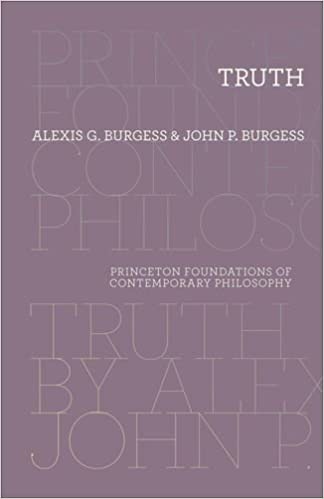
3:16: As a take home then, considering all the things you’ve discussed here, can you tell the readers what you say truth is? Are you a deflationist, a nominalist or something else when it comes to truth?
JB: Well, in the book I co-authored with my son Alexi, we were very sympathetic with deflationism — the notion that the use of the predicate "is true" is not to acknowledge the presence of something extralinguistic, some interesting feature all truths have in common, such as correspondence with ultimate metaphysical reality as it is in itself independently of us, but rather to perform some intralinguistic cross-referential function — but found something to criticize in every explicitly articulated version so far. We also expressed sympathy with Tarski's view that the intuitive notion of truth is the one that the paradoxes show to be inconsistent, and that the project of looking for a serviceable restricted or replacement view — and of course Kripke's work is important here, and I have devoted a considerable amount of work to its technical aspects — is a viable one, while the project of seeking a vindication showing the naive notion never was the inconsistent one is hopeless. Moreover, appeal to deviant logics always leaves one unable to articulate the whole of one's theory of what is going on while only saying things that are true and not false, quite apart from the problem noted by Feferman that "nothing like sustained ordinary reasoning can be carried on" in these logics as they can be in classical or intuitionist logic.
3:16: And for the readers here at 3:AM, are there five books we should be reading (apart from your own books of course!) which will help take us further into your philosophical world?
JB: Well, I knew you were going to ask this question and my difficulty in answering it is part of the reason it took me so long to reply to your questions.
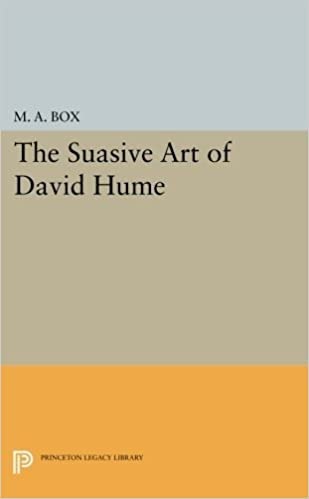
M.A. Box The Suasive Art of David Hume
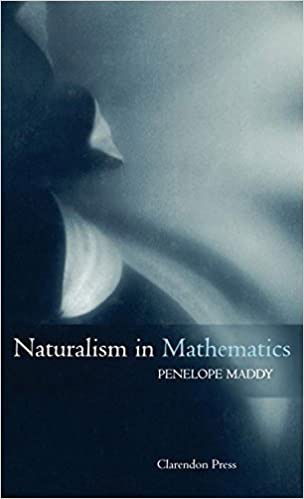
Penelope Maddy Naturalism in Mathematics
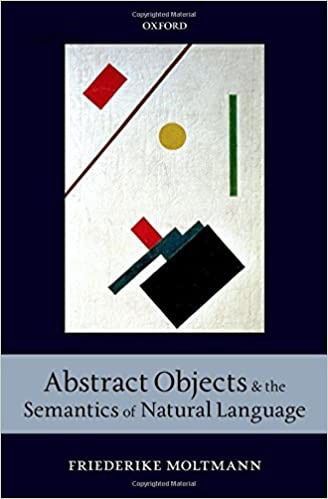
Friederike Moltmann Abstract Objects and the Semantics of Natural Language
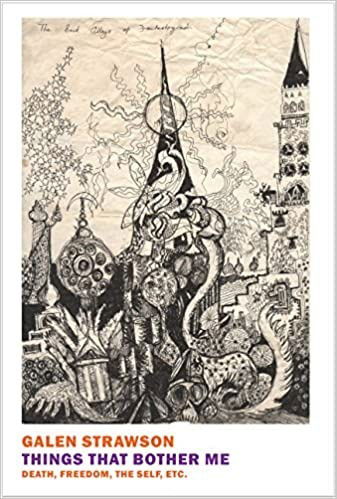
Galen Strawson Things That Bother Me
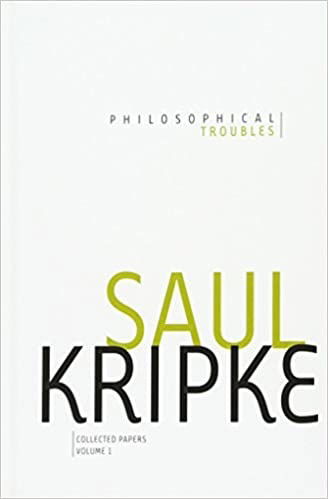
Saul Kripke Philosophical Troubles
[and look out for sequels!]
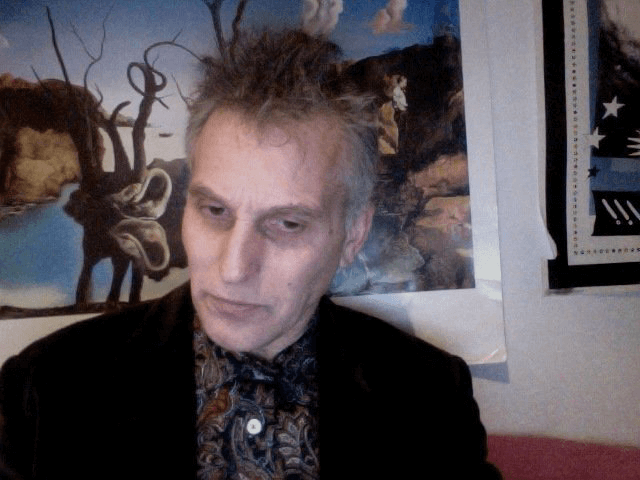
ABOUT THE INTERVIEWER
Richard Marshall is biding his time.
Buy his second book here or his first book here to keep him biding!
End Times Series: the index of interviewees
End Time series: the themes